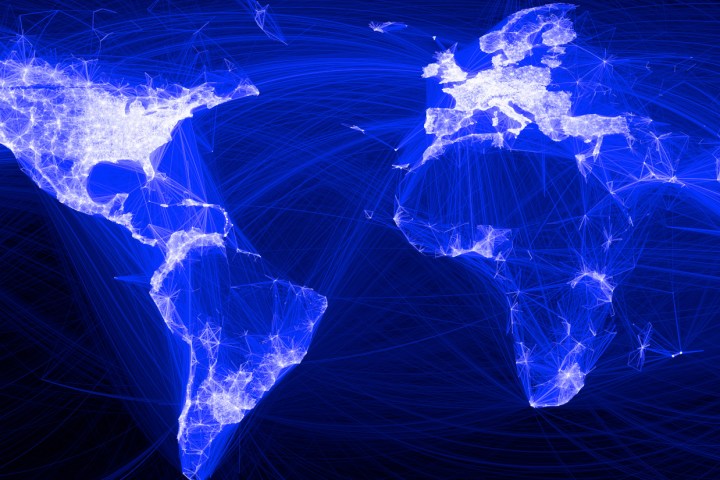
Facebook’s Connectivity Lab and the Center for International Earth Science Information Network at Columbia University are working on a global map to help determine the best ways its new Internet technology can reach the offline population by finding out exactly where people live. With a combination of computer vision techniques and Facebook’s image-identification generator, the engineers were able to identify man-made structures in satellite imagery of the planet. The image-recognition generator was trained to distinguish if a particular scene contained a building, for example, or merely a hut-shaped pile of rocks.
Researchers analyzed a total of 20 countries, covering 21.6-million square kilometers and obtaining 350 terabytes of data. Once the data was collected, the social networking platform was able to use these findings to determine where and how people are living. “This data will give us a greater understanding of how populations are dispersed, so governments and others can prioritize investments in infrastructure, from transportation to healthcare and education. It can also help rapid-response times during emergencies and other disasters and inform our understanding of the ecological impact of growth,” says Facebook in a press release.
The Mark Zuckerberg-owned company says this will be a helpful guide for its Connectivity Lab. “It will help identify the types of projects to prioritize and support target developments,” says Facebook. “We believe this data has many more impactful applications, such as socio-economic research and risk assessment for natural disasters.”
The team will continue to work with Columbia University Center for International Earth Science Information Network to help create a new population dataset, set to be released later this year.
Editors' Recommendations
- YouTuber MKBHD says this new gadget is the worst he’s ever reviewed
- Are Facebook and Instagram still down? Here’s what we know
- Instagram and Facebook down? You’re not alone
- Clever new A.I. system promises to train your dog while you’re away from home
- New A.I. hearing aid learns your listening preferences and makes adjustments


